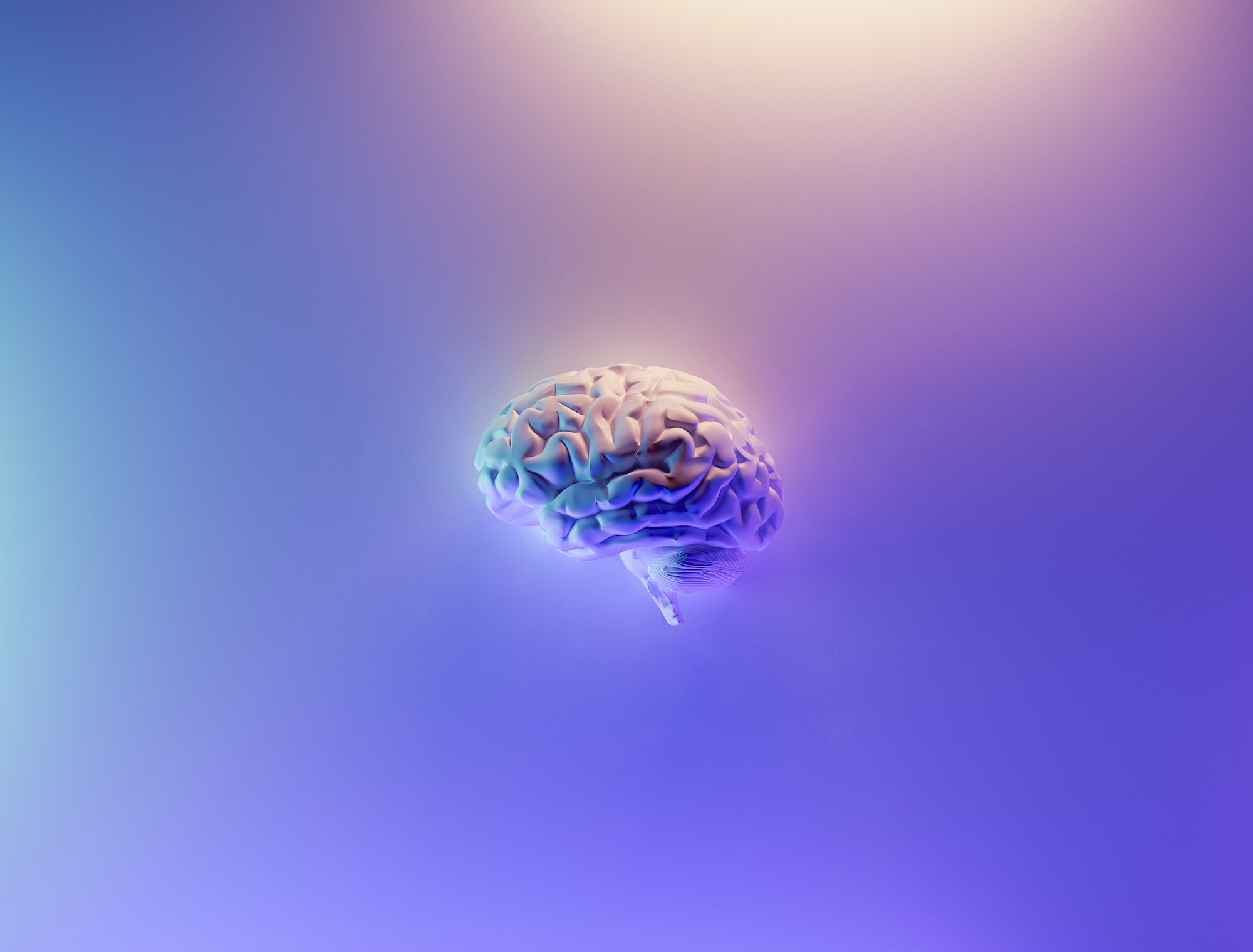The enigmatic nature of consciousness has captivated the curiosity of scientists and philosophers for centuries. Despite impressive advancements in neuroscience, the origins, purpose, and complete capabilities of consciousness continue to elude our understanding. While the predominant belief within the field asserts that consciousness emerges solely from neural interactions in the brain, certain phenomena suggest a more complex connection. In this article, we delve into the concept of consciousness and its potential link to a broader conscious unity, pushing the boundaries of a purely materialistic worldview.
Defining Consciousness
Consciousness is a multifaceted concept and is interpreted differently across varying academic fields. From a lay perspective, consciousness refers to our awareness and subjective experience of the world. However, within the neuroscience community, the focus is on understanding how consciousness emerges from brain activity. This question, referenced as the “mind-body problem,” has generated numerous theories and assumptions, ranging from materialism to idealism.
Exploring the Brain-Consciousness Relationship
Traditional approaches to studying consciousness have frequently reduced it to simpler constructs like perception, aiming to identify the neural correlates of consciousness (NCC). The neural correlates of consciousness refer to the brain activity and processes that are associated with our subjective experiences and awareness of the world around us. It explores how certain patterns of brain activity give rise to our conscious thoughts, perceptions, emotions, and overall awareness. Researchers have sought to uncover the minimum neuronal mechanisms responsible for conscious experience by comparing brain activity during conscious and unconscious conditions. However, the NCC approach has inherent limitations, as it fails to fully capture consciousness’s complexity and holistic nature.
Physicalist Theories of Consciousness
Recent years have seen the emergence of several physicalist or reductionist theories of consciousness. These theories include a range of viewpoints, such as higher-order theories, global workspace theories, integrated information theory, and re-entry and predictive processing theories. These propose that consciousness is an emergent property of brain activity. While these theories offer valuable insights, they often share similarities and do not fully address the non-local aspects of consciousness.
Challenging Materialistic Assumptions
Phenomena that defy the strict confines of materialistic explanations suggest the need to expand our understanding of consciousness. These non-local aspects of consciousness, where it appears to extend beyond the physical brain and body in space and time, challenge the notion that consciousness is solely dependent on brain activity. For example, there are well-documented experiences of people perceiving information from distant locations, the future, and mental impressions from other people without the use of rationale or traditional means (Cardeña, 2018).
The enigma of consciousness continues to challenge our understanding, hinting at a possible larger conscious unity beyond the confines of the brain.
Although the mechanisms underlying these phenomena remain speculative, they resemble quantum entanglement in physics, highlighting the potential for post-materialistic models of consciousness, many of which propose that consciousness is actually fundamental, meaning that consciousness precedes the physical substrates (Wahbeh, 2023).
Embracing Curiosity and Collaboration
The exploration of consciousness demands humility, open-mindedness, and collaboration within the scientific community. Rather than seeking to prove or disprove non-local consciousness definitively, we should embrace curiosity and concentrate on methodological improvements. Even if we cannot establish the non-locality of consciousness, uncovering and understanding its non-local aspects would revolutionize our understanding of human capacities and their practical applications. As the scientific study of consciousness is still in its infancy, we must have an open mind when accepting new ideas and approaches.
Moving Toward a Comprehensive Understanding of Conscious Unity
To further our understanding of consciousness, we must promote collaboration and impartiality between physicalist and non-physicalist theories. We must make theories increasingly precise and measurable and develop clear criteria and a common language can enable us to evaluate and compare theories more effectively. Physicalist theories may prove their predictions based on the brain generating consciousness, but they may not address consciousness’s fundamental nature. Non-materialist theories provide another viewpoint, defining consciousness as a basic and non-local part of reality.
Exploring non-local aspects of consciousness invites us to rethink the limits of the mind-brain relationship.
Exploring consciousness’s non-local aspects challenges the materialistic viewpoint and necessitates a paradigm shift. As we continue to study consciousness, collaboration between different theories and approaches is essential. We must not overlook phenomena that contradict the idea that consciousness depends solely on brain activity. These phenomena provide valuable insights into the possibility of consciousness extending beyond the physical brain and body, necessitating post-materialistic models.
Although the scientific study of consciousness is still in its infancy, it has tremendous potential to transform our understanding of ourselves and the world. The pursuit of uncovering consciousness’s true nature requires humility, open-mindedness, and a willingness to challenge existing views. Through continued exploration and collaboration, we may someday unlock the secrets of consciousness and uncover a larger conscious unity that connects us all.



